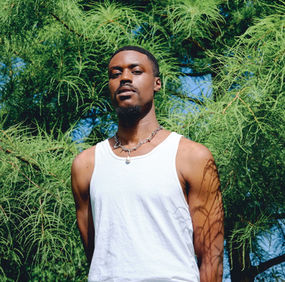

MS Banks Sets The Tone For South LDN Lover Girl With ' WHY?'
Ms Banks releases WHY?, a reflective new single from her upcoming debut album South LDN Lover Girl, alongside the announcement of her headline tour.


NOTION And Slew Collide On High-Intensity New Single 'FITNESS FIRST'
Arriving shortly after NOTION's BRIT Award nomination for Song of the Year with “The Days”. This time, the Bristol-based DJ and producer links up with rising UK rapper Slew for 'FITNESS FIRST," a track that thrives on speed, pressure and physical impact.


Mulaa Joans Opens Her Next Chapter With Phone Sex
Mulaa Joans releases Phone Sex, a vulnerable new single exploring desire and emotional strain, marking the first step toward her upcoming third EP.Mulaa Joans releases Phone Sex, a vulnerable new single exploring desire and emotional strain, marking the first step toward her upcoming third EP.


K Motionz Announces 'REDLINE' As His Next Big Statement
K Motionz announces REDLINE, a seven-track mixtape landing on 13th February that blends drum and bass with UK rap following a run of international headline shows.


Gretel Announces Debut Album 'Squish' With A Title Track That Bites Back
Gretel announces her debut album Squish, out 10th April, alongside its bold and expressive title track. Recorded live with her band, the album captures instinct, pressure and self-protection in full force.

























Comments